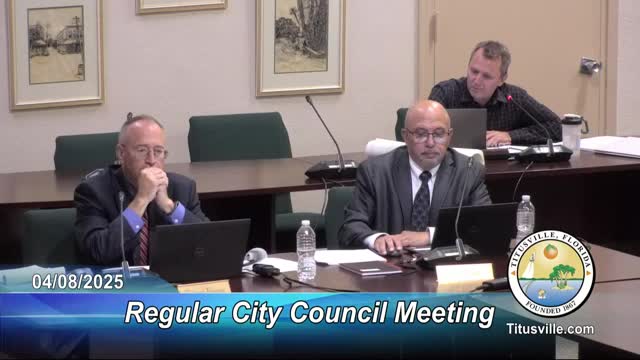Article not found
This article is no longer available. But don't worry—we've gathered other articles that discuss the same topic.
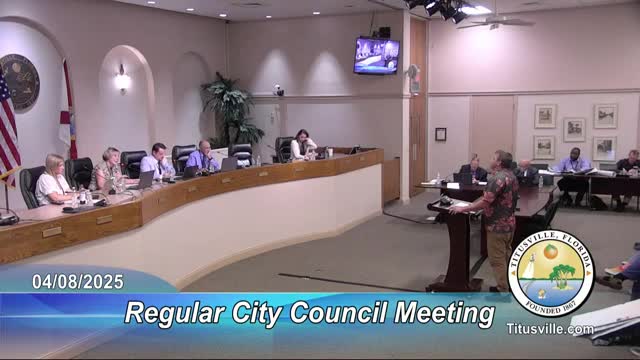
Council approves $2.4M economic incentive agreement for Titus Landing redevelopment; county approval required
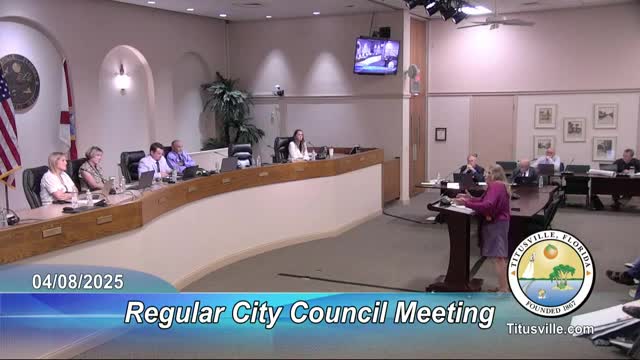
Council approves conditional easement vacation at 1558 Meadowlark Drive pending swale realignment permit
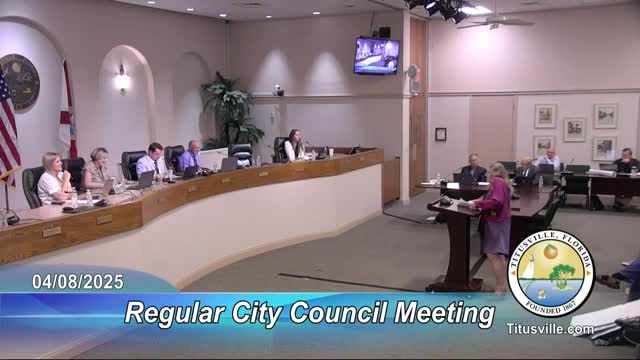
Council approves rezoning change at Windover Farms, removing earlier binding concept plan despite neighborhood opposition
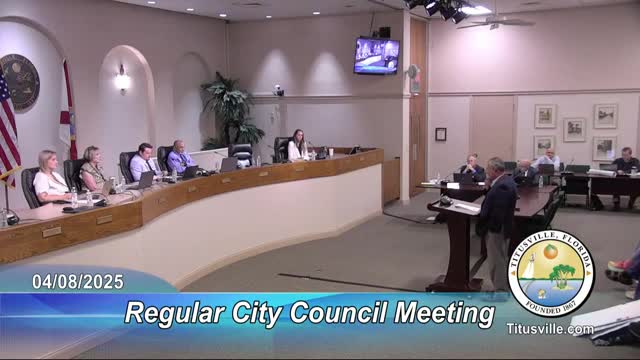
Council declines Kimley Horn park-design contract, directs staff to hold public meeting for Harrison Street Riverfront Park
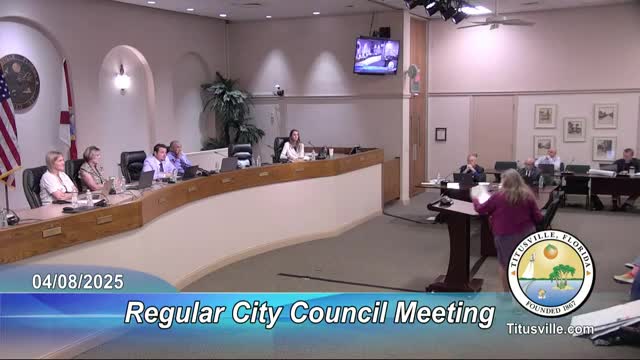
Council rejects $223,322 task order for Leon Avenue trail design after neighborhood opposition
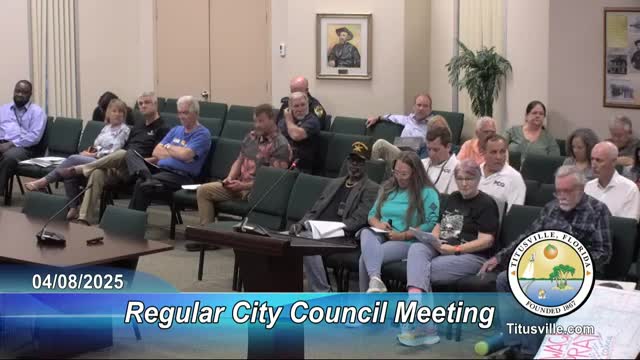
Titusville council directs staff to shift $65,050 to match urban forestry grant
